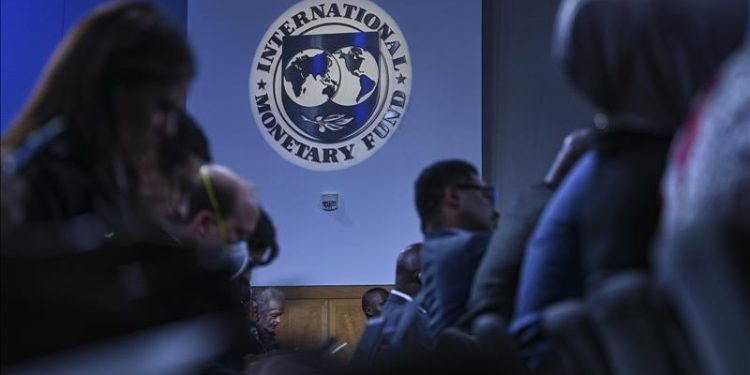The International Monetary Fund advised President Bola Tinubu’s administration to scrap electricity subsidy to free up funds for “development spending” to strengthen Nigeria’s economy.
According to the latest report by the IMF evaluating Mr Tinubu’s performance since he assumed office last year, the global financial body recommended the elimination of costly energy subsidy, suggesting that its continuous payment could push the nation’s economy further backwards and cancel any progress already recorded.
The IMF stressed that removing the energy subsidy will help Nigeria sustain its debt burden in that the nation will conveniently service all its debt obligations without accruing arrears that could harm its economy.
“They (IMF staff who met with Nigerian officials) underscored that mobilising revenue and reprioritising expenditure, including phasing out costly and regressive energy subsidies, are critical to creating fiscal space for development spending and strengthening social protection while maintaining debt sustainability,” the report stated.
The annual statement comprised conclusions from bilateral discussions between IMF board members and Nigerian authorities.
In the report, the IMF praised Mr Tinubu’s audacious move to remove fuel subsidies, unify the nation’s exchange rate, and devalue the naira, which was projected to bring down the 38 per cent food price inflation to 29 per cent by year-end.
Already, power minister Adebayo Adelabu had long advocated the elimination of energy subsidies, saying it was unsustainable for the sector to accumulate debt running to trillions of naira to generating companies (GenCos) when it only had a N450 billion budget to operate with.
Mr Adelabu hiked Band A electricity tariffs from N68 per kilowatt-hour to over N200 per kwh last month to generate revenue.






